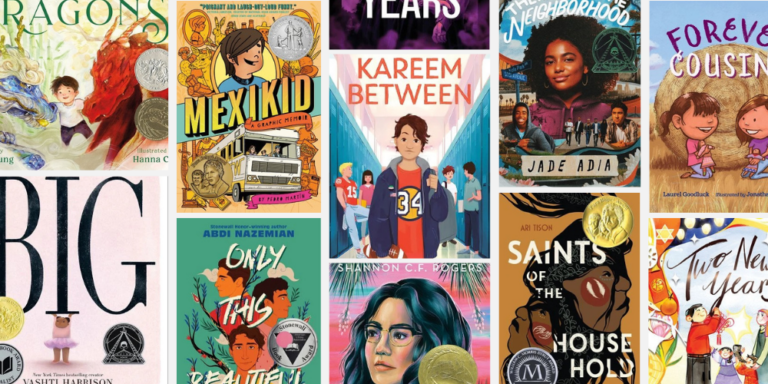In my early years of teaching, I was all about the warm fuzzies: candy rewards, holiday parties, hugs and high fives. I went into teaching because I wanted to help students feel cared about and affirmed, so my instructional approach was firmly rooted in rapport. I prided myself on having a “good vibes only” classroom.
When students would begin to struggle with an assignment, I found myself swooping in to try and fix it.
Unsure how to write the introduction paragraph? Here’s a fill-in-the-blank sentence template.
Struggling to find text evidence from the novel? I know the perfect example of character development–it’s on page 43!
In my mind, I was helping students—it’s just scaffolding, after all! However, looking back, my scaffolding bordered on answer-giving. In an effort to build up students’ confidence, I was missing a key ingredient of academic success: productive struggle.
Life is not exclusively comfortable. In my earnest attempts to help students out of challenging moments by “fixing” the situation and over-scaffolding content to help them feel capable, I was taking away their opportunities to engage in the learning process.
I wish I had known about the term “warm demanders” when I was a teacher.

Warm demanders are educators who:
Believe all children are capable of learning
Build trust by having fun and creating a flexible, but consistent structure
Set high standards—it shows that you respect your students
Welcome failures and mistakes
I was rocking the “warm” part! But not-so-much on the “demanding” part.
When I reflect on my previous instructional approach, I oozed Sentimentalist qualities: warm, but lenient. My attempts to shield my students from struggle caused them to miss out on the rigor and academic challenge that they—and their brains!—were capable of and deserved.

If I could go back in time, I would use my warm demeanor to help students build their resilience through problem-solving, critical thinking and challenging themselves. I would change my classroom mantra from “good vibes only” to “growth vibes only” and celebrate their successes and failures equally.
Ready to be a warm demander? Check out 5314: Making Mistakes Meaningful for Students AND Teachers to build your mistake-making toolbox and learn how to foster resilience and embrace challenges in your classroom!
About the Author

Julie Kuntz holds a B.A. in English and a Master’s in Education. Drawing on her years as a Middle School ELA Teacher, Julie develops content that is practical and highly engaging! Additionally, she is passionate about fostering equity in schools.
Fun Fact: Julie and her husband own a custom home renovation company, Custom by Kuntz!







